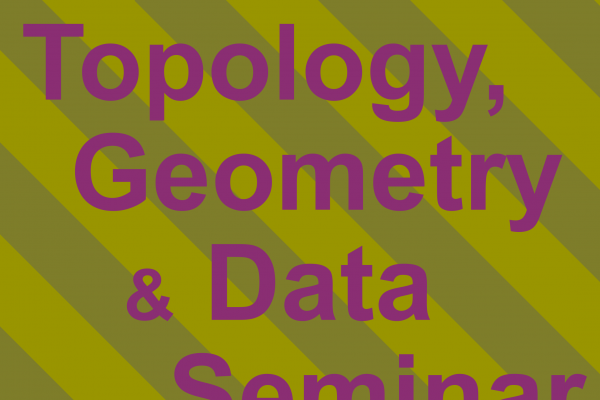
Title: Saecular Persistence
Speaker: Gregory Henselman-Petrusek (PNNL)
Speaker's URL: http://gregoryhenselman.org
Abstract: We introduce saecular persistence, a categorically natural method to decompose persistence modules into families of interval modules. In this context, the notion of a persistence module is realized by a functor from the poset category of a totally ordered set I to a target category E. Saecular decomposition exists under generic conditions, e.g., when I is well ordered and E is a category of modules or groups. This represents a qualitative generalization of existing factorizations of 1-parameter persistence modules, leading to, among other things, persistence diagrams not only in homology, but in homotopy.
Applications of saecular decomposition include inverse and extension problems involving filtered topological spaces, the theory of generalized persistence diagrams introduced by Patel and recently generalized to multiple parameters, and the Leray-Serre spectral sequence. Certain examples -- including cycle representatives for generalized barcodes -- hold particular relevance scientific applications.
The key tools in this approach are modular, semimodular, and distributive order lattices, and the projectivization of Puppe exact categories.
URL associated with Seminar: https://tgda.osu.edu/activities/tdga-seminar/
